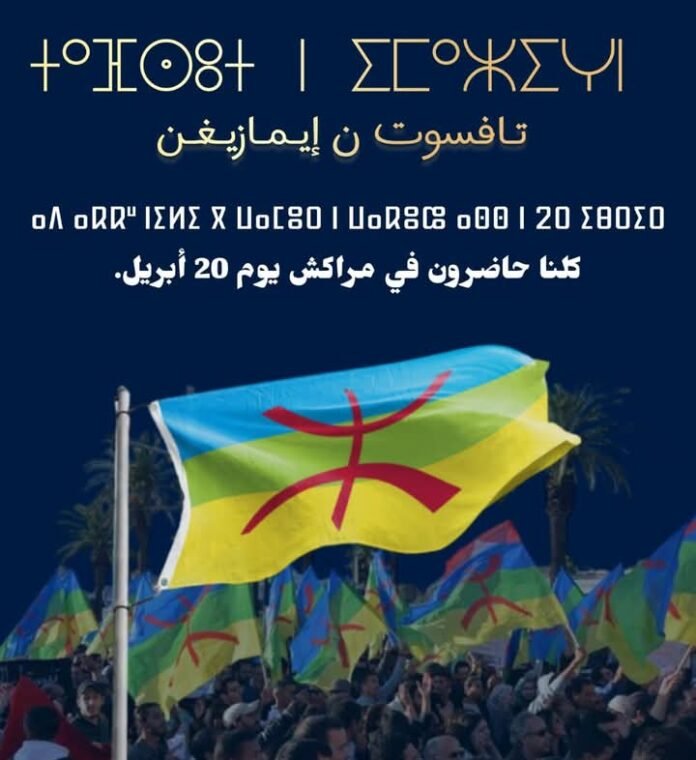For decades, the Amazigh people in Morocco have faced ongoing challenges and suffering due to political and social marginalization affecting various aspects of their daily lives. This struggle is not limited to the general population but also extends to intellectuals and activists—such as journalist and writer Jamal Soussi, who, despite holding an official ministerial decree, continues to pay the price simply for bearing the Amazigh-rooted name “Soussi.” This example raises a critical question: how much longer will this suffering continue?
“From Souss to Marrakech”… An Amazigh Outcry Between Chronic Marginalization and Deceptive Recognition
In what is supposed to be an era of “national reconciliation” and “linguistic justice,” a whole sports initiative is hijacked—not just any sports, but Brazilian Jiu-Jitsu and MMA, among the fastest-growing and most prestigious sports in the world—because a powerful entity instructed the Ministry of Sports to marginalize a journalist, writer, and president of a sports federation solely because his name reflects his Amazigh origin: “Soussi.”
This incident, documented by the “Morocco Now” platform under the headline: “A Pre-meditated Hijacking of Brazilian Jiu-Jitsu and MMA,” is not an isolated case. Rather, it reflects a broader reality: those who carry Amazigh identity may silently pay the price—with no justice for the victims and no accountability for those responsible.
How can it be that a citizen holding an official ministerial appointment and a national leadership role is treated in such a humiliating way? Isn’t this a direct contradiction to the state’s official discourse about “equality” and “reconciliation with Amazigh identity”?
Struggle for Recognition and Dignity: Could “Tafsut” Spark Change?
In this context, the national march called by Amazigh activists in Marrakech on April 20, 2025, gains particular significance—not just as a commemoration of the “Amazigh Spring,” but as a moment of reckoning. Under the slogan “Tafsut n Imazighen”, the Amazigh people aim to highlight deep-rooted issues impacting their communities—from education to healthcare, from land rights to the deteriorating infrastructure in mountainous regions.
But can this march help reclaim their long-lost rights under such circumstances?
Analyzing the Depth of Amazigh Suffering: Between Systemic Marginalization and Institutional Exclusion
Official data and statements issued by Amazigh movements show that the reality is becoming increasingly dire. Marginalization in education, healthcare, and administration has become chronic, alongside land dispossession and the decline of essential public services in remote areas. The recent Al Haouz earthquake has starkly revealed the depth of Amazigh suffering: many families have been excluded from receiving disaster aid and compensation.
Does the root of this problem lie in a lack of political will to support Amazigh regions?
Key Questions:
-
Could the “Tafsut” march become the spark that opens the door to revising state policies on Amazigh rights?
-
Why do successive governments continue to ignore the rights of Amazigh people, despite their central role in national identity?
-
Will the Amazigh be able to reclaim their rights amid the growing electoral exploitation of their marginalized regions?
Authoritarian Responses to Tragedies: Can a Mature Amazigh Consciousness Bring Political Change?
In the face of these harsh realities, a vital question arises: Has the Amazigh movement moved beyond mere protest and become a transformative force in Moroccan politics?
The upcoming march is not merely a symbolic event, but a reflection of a grassroots movement fueled by students, associations, and a community refusing to be silenced.


